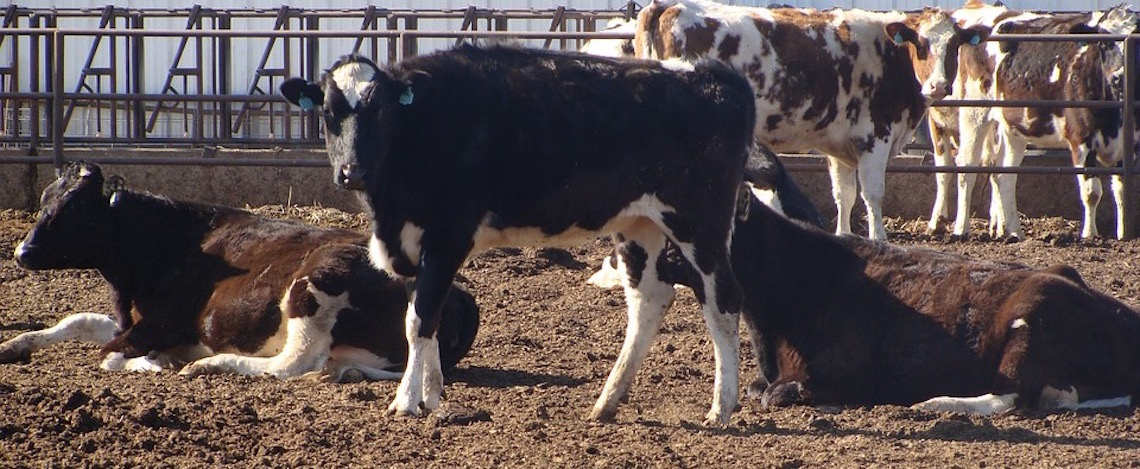
Cow photo via maxpixel.freegreatpicture.com
Written by
After years of trying to get California’s milk-price structure changed, the U.S. Department of Agriculture has decided to let the dairies in the state be part of the federal system.
The USDA published today in the Federal Register its final decision to establish a Federal Milk Marketing Order for California.
That decision is part of a 12-step process to get California on the federal pricing order.
“This is the 11th step,” said Lynne McBride, executive director of the California Dairy Campaign, a Turlock-based nonprofit representing dairy operators and one of the groups that has spent years working to initiate the change, as dairy operators are frustrated with the current system of prices they’re paid for their milk being set monthly by the California Department of Food and Agriculture.
For about the past five years, the nation’s dairy industry has been hit hard by low prices, often less than it costs them to produce it. But dairy operators in California note that the prices set by the CDFA are consistently lower than those set in other states under federal milk marketing orders.
In fact, McBride said California dairies are paid some of the lowest prices for their milk among all the milk-producing states in the country.
She said the USDA’s decision is good news for dairies in that it would prioritize the needs of dairy operators and incorporate a quota system comparable to what’s used in California’s milk-pricing system that lets some dairies get more for their milk.
McBride said U.S. Rep. David Valadao (R-Hanford) — a dairyman by trade — worked to get a provision in the Farm Bill to allow California’s quota system to continue if the state falls under the Federal Milk Marketing Order.
Valadao also introduced bipartisan legislation in 2013 to allow California dairies to petition the USDA to be placed under the federal order.
“California dairy producers are at a serious disadvantage in comparison to producers throughout the United States. Under the current pricing system, dairies throughout California have closed down, resulting in fewer employment opportunities in the community,” the congressman said in a press release issued after today’s USDA announcement.
The CDFA reports that 61 dairies shut down in the state last year, putting the number of operating dairies at 1,331.
“As California’s largest agriculture industry, dairy production contributes greatly to the economy of our state as well as the regional economy of the Central Valley — it’s only right dairy producers have a say regarding their pricing system,” Valadao’s statement continued.
Before California dairies can become part of the federal milk-pricing system, they have to complete the 12th and final step — voting on whether to do so.
“USDA will conduct a referendum among dairy producers to determine whether they support the proposed FMMO,” and the agency will mail ballots to a little more than 1,000 California dairy operators so they can cast their votes starting Monday through May 5, the announcement continues.
In the interim, USDA will hold a public meeting starting at 9 a.m. on April 10 at the Clovis Veterans Memorial Hall to discuss and answer questions about the FMMO and the referendum.
In addition, Western United Dairymen in Modesto, a member organization representing most of the dairy operators in the state, will put on three information sessions on the proposed FMMO, the first two in Petaluma and Modesto and the third starting at 10 a.m. April 18 at the International Agri-Center in Tulare.
“The analysis presented will be performed by two independent experts who do not come with any agenda about persuading attendees one way or another,” states a WUD press release. “The emphasis will be on education and answering questions.”








